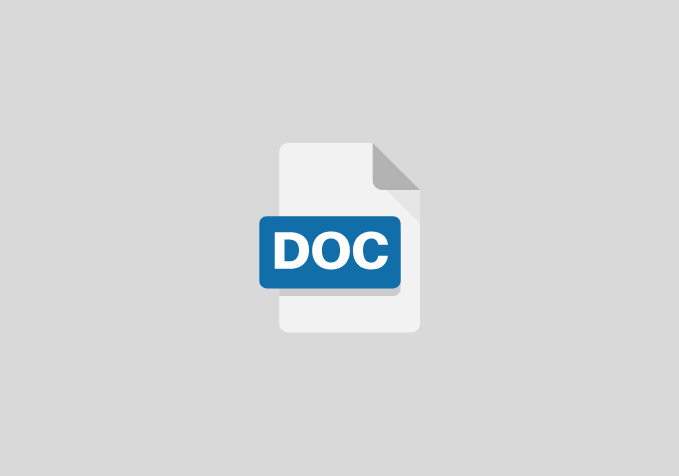A Proposal on the Effect of Insurance on Economic Growth in Ghana
CHAPTER ONE
Objective of the study
The following research objectives will be ascertained;
- To identify the role insurance play to the economy of Ghana.
- To assess the awareness among the general public about insurance in Ghana
- To find out the problems facing the insurer and the insured in Ghana
CHAPTER TWO
Related literature
Role of insurance in individual and household resilience
Insurance contributing to the resilience of some Ghanaians, but many remaining unserved
Few Ghanaians have insurance at present; however, the market is growing, and mobile insurance is particularly popular. Six percent (6%) of adults reported having insurance cover (excluding health) in the most recent FII demand-side survey, and only 1% of Ghanaian adults reported using insurance as a coping mechanism when experiencing a financial shock, compared to 12% reporting to sell assets and 16% reducing their expenses (FinScope, 2010).
Microinsurance growing and predominately distributed through mobile
In 2017, it was estimated that there were 2.82 million5 microinsurance policies covering 7.5 million lives and property (World Bank and FIRST Initiative, 2018, NIC & GIZ 2015a & NIC & GIZ 2015b). Sixty percent (60%) of microinsurance policies (largely funeral and health) are sold through mobile channels (NIC & GIZ, 2015a & NIC & GIZ 2015b).
CHAPTER THREE
RESEARCH DESIGN AND METHODOLOGY
The researcher used descriptive research survey design in building up this project work. The choice of this research design was considered appropriate because of its advantages of identifying attributes of a large population from a group of individuals. The design was suitable for the study as the study sought to the effect of insurance on economic growth in Ghana
METHOD OF DATA ANALYSIS
The study will deploy descriptive and explanatory design; questionnaire will be addition to library research will also be applies in order to collect data
References
- (2016). Waves of change: revisited. Insurance opportunities in Sub-Saharan African. [Online] Available at: https://www.bog.gov.gh/privatecontent/Research/Articles/rpaper9.htm [Accessed 16 June 2018].
- Financial Inclusion Insights. (2015). National Survey. CGAP: Washington DC. [Online] Available at: http://finclusion.org/uploads/file/reports/2014%20InterMedia%20FII%20GHANA%20National%20Sur vey%20Report.pdf [Accessed 12 May 2018].
- Ghana Statistical Service. (2008). Ghana Living Standards Report Round 5. Ghana Statistical Service: Greater Accra, Accra. [Online] Available at: http://cleancookstoves.org/resources/87.html [Accessed 12 May 2018].
- Ghana Statistical Service. (2014). The Ghana Living Standards Survey Round 6. Ghana Statistical Service: Greater Accra, Accra. [Online] Available at: http://www.statsghana.gov.gh/docfiles/glss6/GLSS6_Main%20Report.pdf [Accessed 1 April 2018].
- Ghana Statistical Service. (2017a). Integrated business establishment survey phase II: Summary report. [Online]. Available at: http://www.statsghana.gov.gh/docfiles/publications/IBES/IBESII/IBES%20II%20Summary%20%20Rep ort.pdf [Accessed 27 April 2018].
- Ghana Statistical Service. (2017b). GDP Quarterly Bulletin December 2017. Ghana Statistical Service: Greater Accra, Accra. [Online] Available at: http://www.statsghana.gov.gh/gdp_bulletin.html [Accessed 12 May 2018].
- National Insurance Commission (NIC) & GIZ. (2015a). Mobile Insurance and Risk Framework in Ghana. [Online] Available at: https://a2ii.org/sites/default/files/reports/2015_mobile_insurance_risk_assessment_ghana.pdf.


